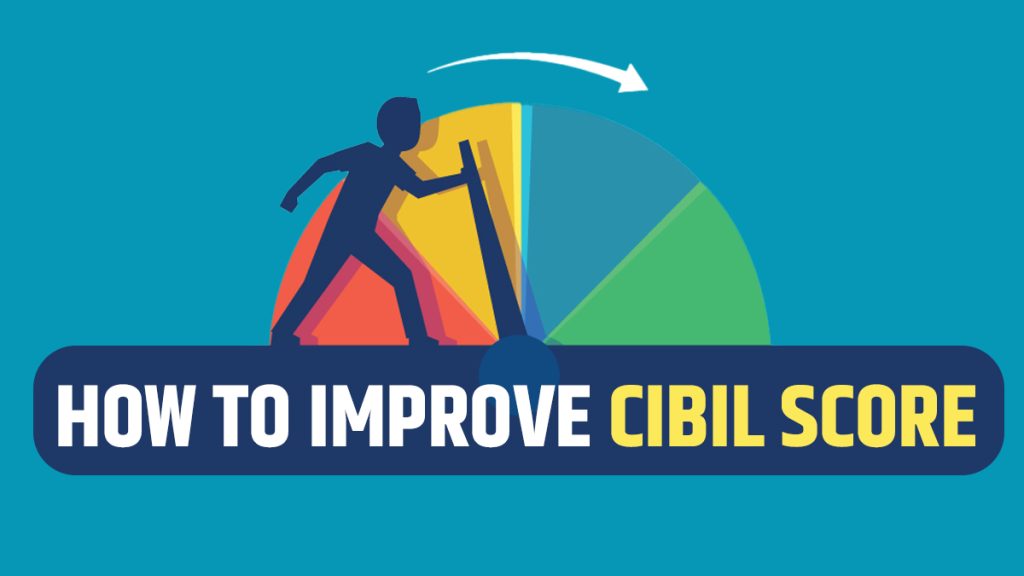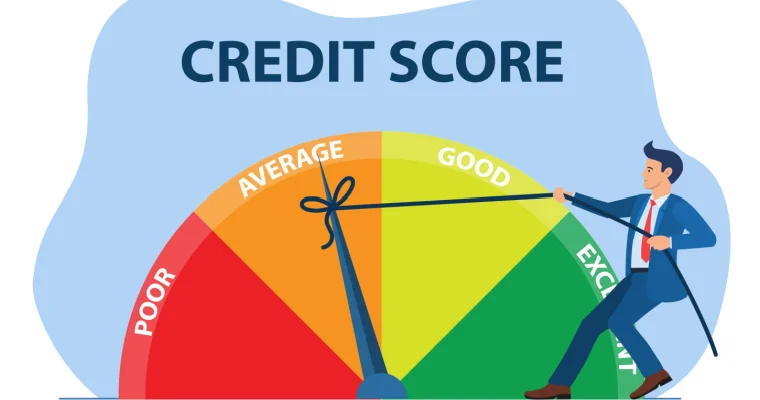1. What is a CIBIL Score?
A CIBIL score, often referred to as a credit score, is a three-digit number that reflects your creditworthiness. It’s a measure of how reliable you are in repaying your debts and managing your finances. The score typically ranges from 300 to 900, with a higher score indicating better creditworthiness.
2. Why Does Your CIBIL Score Matter?
Your CIBIL score matters more than you might think. It’s not just a number; it’s a key that unlocks doors to various financial opportunities. Lenders, such as banks and credit card companies, use your CIBIL score to assess your credit risk. A high score can lead to lower interest rates, while a low score can result in loan rejection or higher interest payments.
3. The Role of Payment History
One of the most critical factors influencing your CIBIL score is your payment history. Lenders want to know if you’re a responsible borrower. Regular, on-time payments positively impact your score, while late or missed payments can severely damage it.
4. Credit Utilization – The Silent Culprit
Credit utilization refers to the ratio of your credit card balances to your credit limits. High credit utilization can send a red flag to lenders, suggesting that you might be overextending your finances. Keep your credit utilization below 30% to maintain a healthy CIBIL score.
5. The Impact of Credit Inquiries
Each time you apply for a new credit card or loan, a hard inquiry is made on your credit report. These inquiries can slightly decrease your CIBIL score. Multiple inquiries within a short period can be a warning sign for lenders, so be cautious when seeking new credit.
6. Diverse Credit Mix – A Key to Improvement
Having various types of credit accounts, such as credit cards, loans, and mortgages, can positively influence your CIBIL score. A diverse credit mix showcases your ability to manage different financial responsibilities.
7. The Age of Your Credit Accounts
The length of your credit history plays a significant role in your CIBIL score. Longer credit histories tend to be more favorable. It’s crucial to keep older accounts open, even if you don’t use them regularly, to demonstrate your creditworthiness.

8. The Weight of Negative Remarks
Negative remarks on your credit report, such as late payments, defaults, or bankruptcies, can have a substantial adverse impact on your CIBIL score. It’s essential to address and rectify these issues as soon as possible.
9. The Importance of Timely Payments
Punctuality in bill payments is non-negotiable. Late payments, even if they’re just a few days overdue, can lead to negative remarks on your credit report and a drop in your CIBIL score.
10. Legal Actions and Their Consequences
Legal actions, such as court judgments or bankruptcy filings, can severely harm your CIBIL score. These issues can remain on your credit report for several years, making it difficult to secure credit.
11. Common Myths about CIBIL Scores
There are various myths and misconceptions about CIBIL scores. Some people believe that checking your own score can harm it, but this is not true. Monitoring your score is essential and doesn’t affect it negatively.
12. How to Improve a Low CIBIL Score?
If you find yourself with a low CIBIL score, there’s hope for improvement. You can start by focusing on timely payments, reducing credit card balances, and addressing any negative remarks on your credit report. It may take time, but gradual improvement is possible.
13. Seeking Professional Help
In some cases, it might be beneficial to seek the assistance of credit counseling services or financial advisors. They can provide guidance and strategies to help you raise your CIBIL score.
14. Conclusion
In conclusion, your CIBIL score is a critical element of your financial health. Understanding the factors affecting it and taking proactive steps to maintain or improve it can open doors to a world of financial opportunities.

